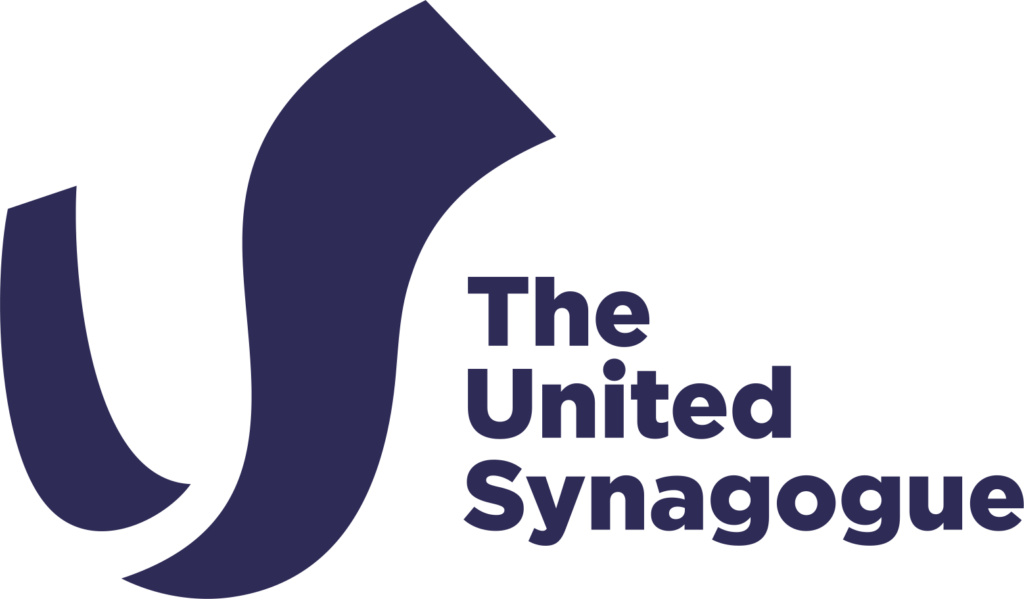The Talmudic and subsequent rabbis instituted a number of ‘mourning’ practices during the three weeks to help us focus on the lessons and ramifications of this time of year on Jewish history.
In Ashkenazi communities, the practice is to abstain from haircuts, shaving, listening to performance music, saying the ‘shehecheyanu’ blessing, celebrating joyous occasions such as weddings or buying expensive new items (unless for a mitzvah or if the clothes will note be available subsequently or if you will miss a major sale) for the whole of the three weeks.
During the ‘nine days’ from the start of the month of Av until the fast (inclusive), we do not eat meat nor drink wine (except on Shabbat or at a brit milah meal or siyum), wash clothes or bathe other than for hygienic purposes rather than for enjoyment. In addition, we observe the following practices:
– Washing clothing (except for a baby’s), even if those clothes will not be worn during the Nine Days, or wearing freshly laundered outer clothing.
– Only swimming or bathing for health or hygiene, not for pleasure. We do bathe in the usual way before Shabbat.
– Redecorating or doing building works.
– Buying, sewing, weaving or kniting new clothing—even if they will be worn only after the Nine Days.
– Exceptions to this rule: (a) If you will miss a major sale, or if the garment will be unavailable later. (b) For the purpose of a mitzvah, such as purchasing new clothing for a bride and groom.
– For Havdallah during the Nine Days, we usually use beer or coffee rather than wine or grape juice. If beer or coffee are unavailable or not feasible, wine or grape juice can be used.

